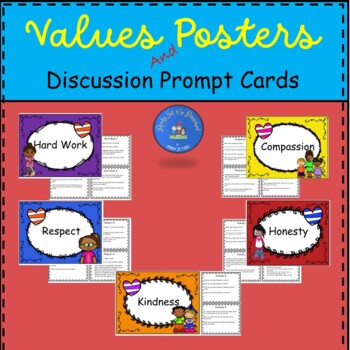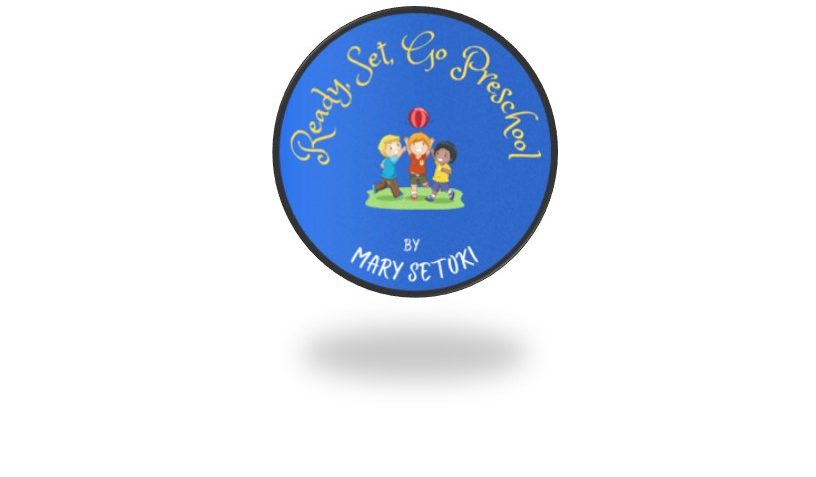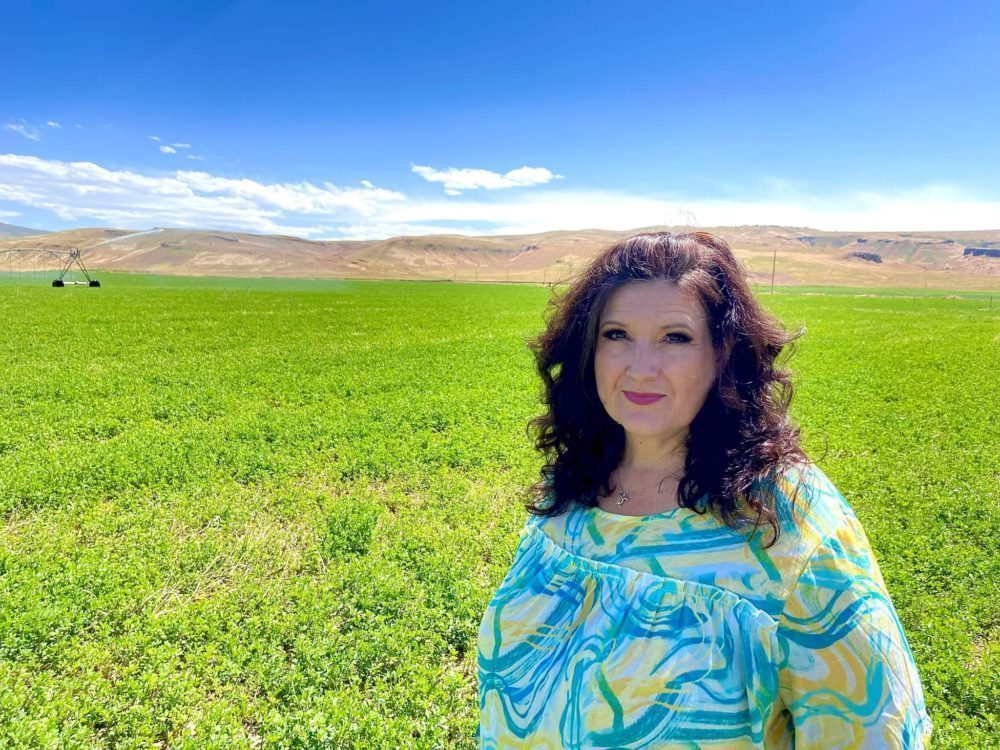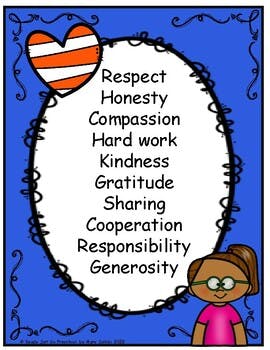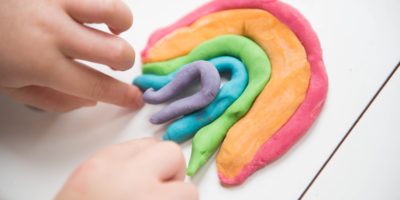Social-emotional learning for preschoolers? What are social-emotional skills for preschoolers? These are questions that I asked during my first year of teaching in an Early Childhood Special Education classroom. I have spent many hours researching social-emotional learning for preschoolers and all students. What I found is that most teachers naturally include some amount of social-emotional learning activities in their classrooms. I also found that we as teachers should be much more intentional in teaching social-emotional development in our classrooms. Not only should we, but it is essential for the future of our children. We often spend so much time and energy on teaching academics in school, that teaching social-emotional development is either an afterthought or completely left out.
“Educating the mind without
educating the heart is
no education at all.” aristotle
According to CASEL (Collaborative for Academic, Social and Emotional Learning): “We define social and emotional learning (SEL) as an integral part of education and human development. SEL is the process through which all young people and adults acquire and apply the knowledge, skills, and attitudes to develop healthy identities, manage emotions and achieve personal and collective goals, feel and show empathy for others, establish and maintain supportive relationships, and make responsible and caring decisions. © 2022 CASEL. All rights reserved.”
CASEL names 5 areas for learning: self-awareness, self-management, social awareness, relationship skills, and responsible decision-making.
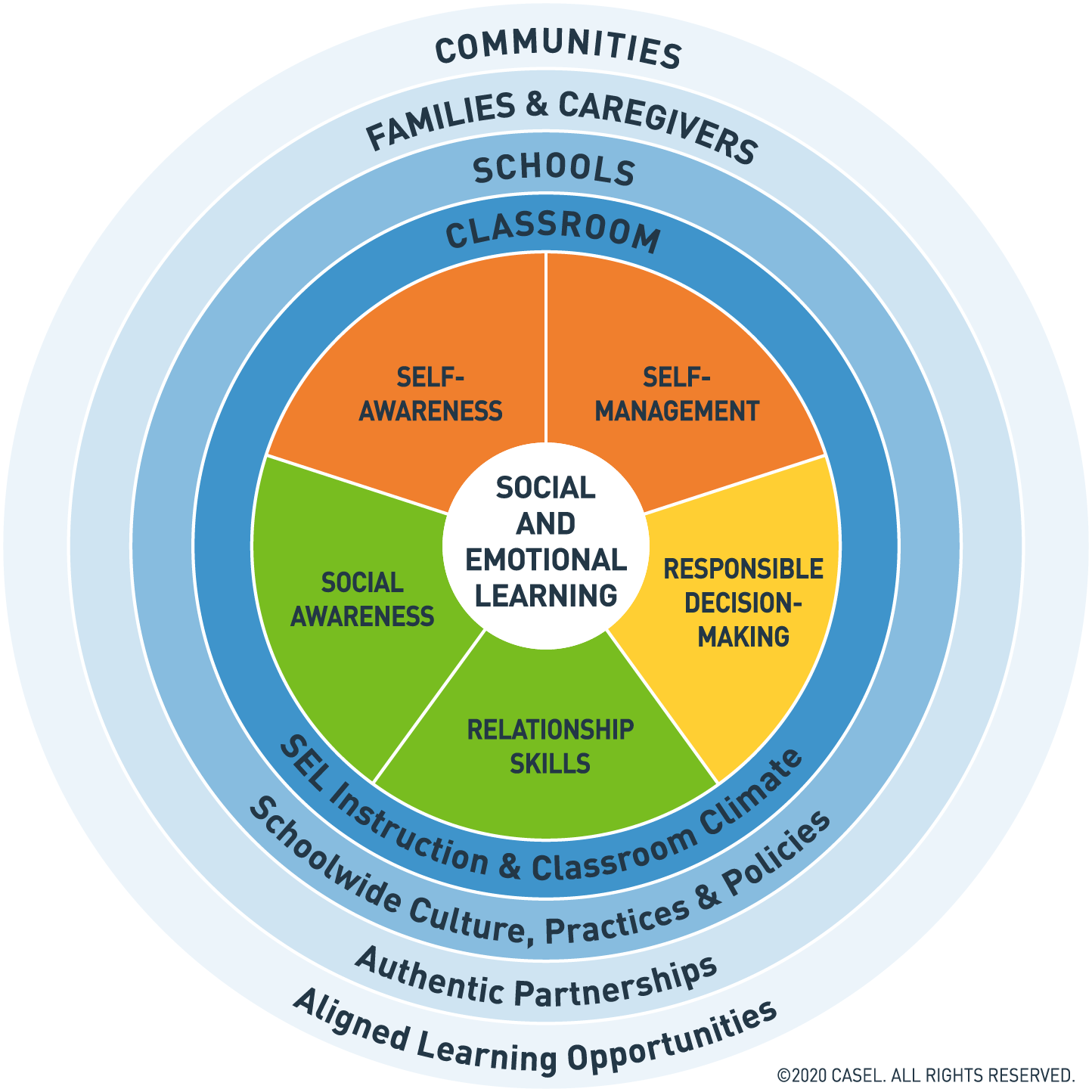
In a blog post on the Committee for Children website: cfchildren.org/what-is-social-emotional-learning/ they sight data from 6 different studies on the effects of social-emotional learning in our schools
With Social-emotion learning everyone benefits. Children benefit, families benefit, schools benefit, future employers benefit, and society benefits.
It may seem that taking a few minutes during the day to intentionally teach social-emotional learning isn’t very important. Although we can see the data and read about how important it is to make time for this, we may feel that we are not really making a change.
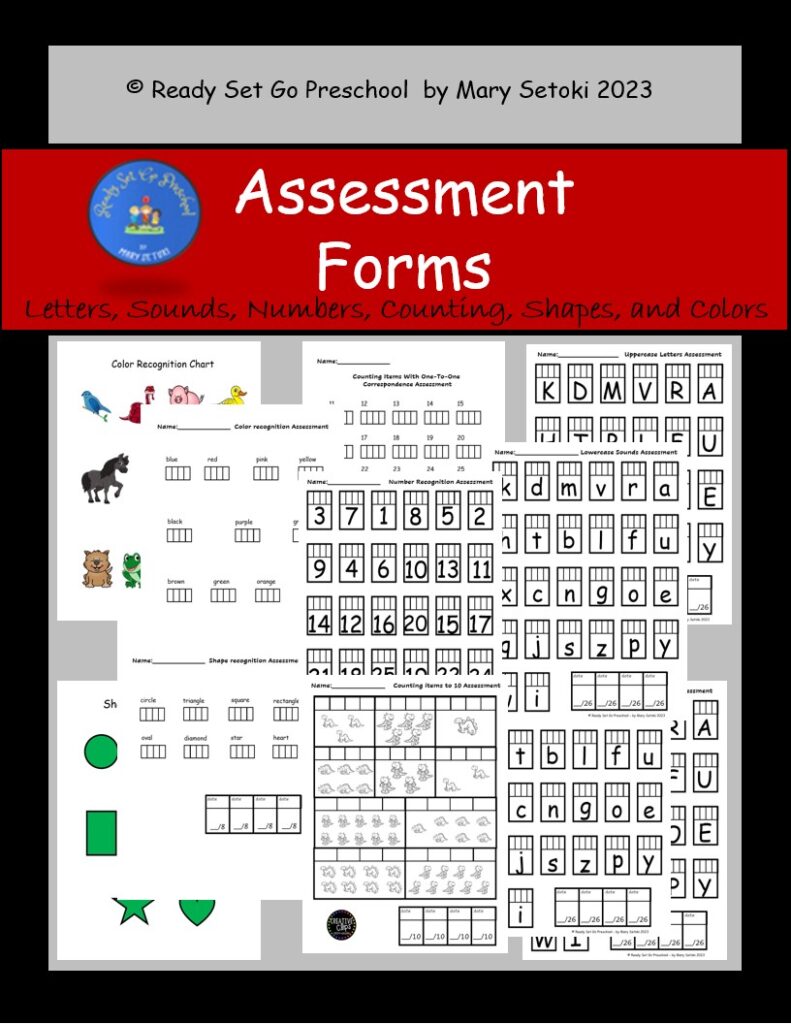
Personal experiences
A while back I was teaching a voice lesson to a young man. Being a teenager, he was going through some voice changes. He had a wonderful voice and in our small town had opportunities to share his talent. Besides coaching kids to sing correctly, I have always felt it important to talk about how to present yourself when performing. How to walk on and off the stage and what to do and not do when you make a mistake. We were talking about what to do if you can’t hear your music and get off-beat or forget your words etc. I told him that it was okay to stop and ask for them to restart the music. Tell the people running the music to turn it up more and start over.
Recently, his mother called me to tell me about his performance at an FFA event for a very large audience. He started a song and it didn’t start well. His mother was cringing and a little disappointed. Then he stopped and said that he was sorry, but he couldn’t hear the music. They adjusted the volume and he started again and did an amazing job. When his mother asked him about the situation, he said that he had remembered Mrs. Setoki telling him what to do when that kind of thing happens.
“I alone Cannot Change the world, but
I can cast a stone across the waters to
create many ripples” Mother Teresa
How did I know that something like that would happen to him someday? I didn’t know for sure, but I did know that it happened to me when I was younger. Unfortunately, I did not know what to do at the time. I was auditioning for a part in a musical in a large auditorium. And instead of asking them to turn up the volume, I excused myself and didn’t audition. It wasn’t until years later, that I realized that this type of thing happens to most of us; whether at an audition, a performance, giving a speech in class, presenting a project etc. We need to be taught how to handle our emotions and what the appropriate response is.
What to teach
Self-Awareness: Recognizing our own emotions
First, we need to recognize our own emotions. I use an emotions check in wall with picture cards of several different emotions. Children find their names and attach it to the emotion that they are feeling. We ask, “How do you feel today?” The student responds with “I feel________because______” being able to name their emotions and tell why is a Preschool social emotional objective. This gives students lots of practice in recognizing their own emotions and being able to tell why they are feeling the way that they feel. Taking time to talk about different emotions and discuss what makes them feel happy, or sad, or excited, allows children to not only recognize their emotions but to start to recognize the emotions of other people. We call this Empathy. The dictionary defines Empathy as the ability to understand and share the feelings of another.
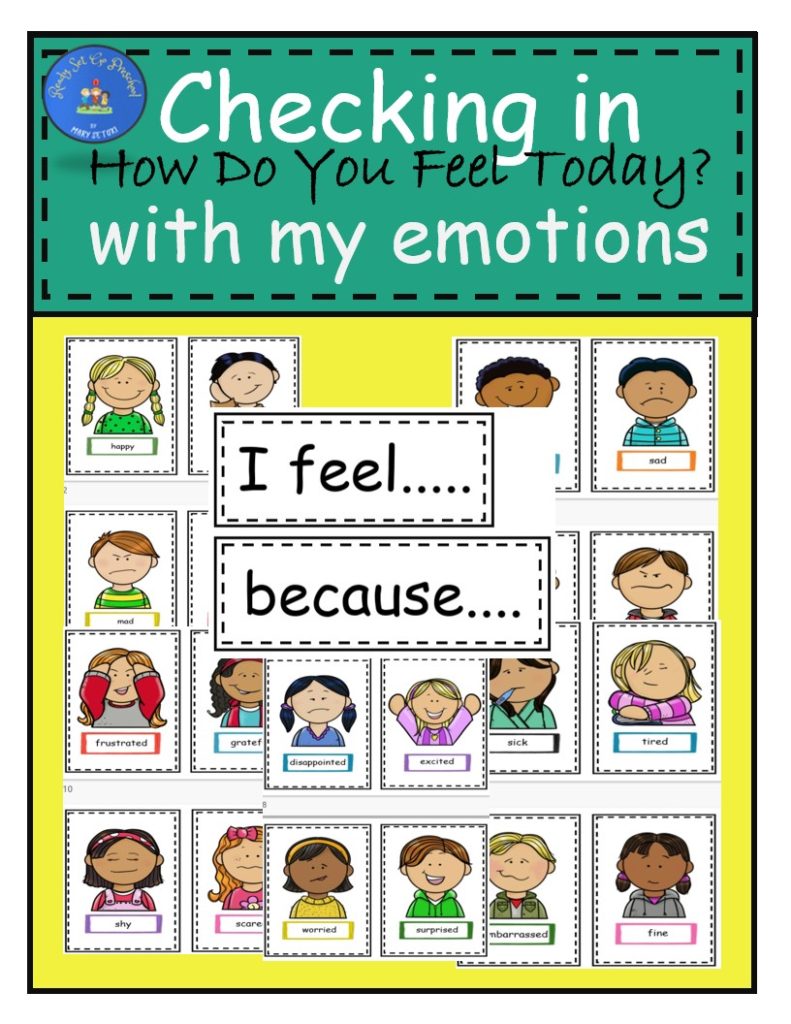
Social Awareness
“Empathy is seeing with the eyes of another,
listening with the ears of another,
and feeling with the heart of another.
– Alfred Adler”.
When we are able to have empathy towards others we tend to be more understanding of certain behaviors. We tend to be more accepting of people who think or feel differently than we do. With this greater understanding, we can learn self-management skills.
Self-Management
Self-management means that we control ourselves. I often tell my preschool class that I cannot make them sit still and listen during circle time, or table work time. I can tell them to do it. But they are the only ones who can make themselves do it.
When children and adults learn that they are in control of their actions, they can begin to act instead of react to big emotions. We all make these decisions every day. I recently was in an IEP meeting, where another teacher criticized me in front of the parents about the goals that I had written. My first reaction was to defend myself. I can remember literally clinching my teeth together to stop from saying anything until I had taken a few seconds to think before responding.

Relationship skills
Being able to think before responding is probably one of the most important relationship skills that any of us can ever learn. We have all heard the old saying, “If you don’t have anything nice to say, don’t say anything at all”. This saying goes a long way in teaching us to pause and not say anything until we can say it in a nice way. A co-worker had this quote on her classroom door.
“If you have the choice
between being right and being kind,
choose being kind”
(Dr. Wayne W. Dyer)
In one school that I taught at, the counselor had a character education program. We had posters in the hallway about several different values. Each month there was an activity focused on one of these values. Although many people have different variations of these values. I believe this list covers at least the ones that should be taught in school.
Click on the above image for a free download
Responsible Decision Making
As children are taught to recognize their own emotions and to regulate their emotions, they are better equipped to recognize the emotions of others. As children learn social awareness they are better equipped to develop good relationship skills. And with all of these amazing skills under their belts, they are more able to become responsible decision-makers.
Just imagine what an impact our students would have on our society if they all left our classrooms as responsible decision-makers.
How to teach Social Emotional Learning
Talk about it
Now that you know what to teach. The question is how to teach it. One of the best ways to teach social-emotional learning is to talk about it, discuss it and then provide opportunities to practice their new skills. Discuss problems that may be happening in your class. The next time the problem comes up, you might have to say, “Remember our discussion the other day? How do you think you should handle this”
Teach emotions
Another way to teach SEL is to have questions about different emotions. “How do you feel when….?” and “What makes you feel…..” questions are excellent ways to start kids talking about their emotions.
Group play or Group projects
In preschool, we have free play time. Playing with friends is key in learning to negotiate and work out problems. Even though in upper grades, you don’t have free play, you can set aside time for board games or projects that kids have to do together.
Quotes
There are so many motivational “quotes”. You can pick out a quote of the day or of the week and discuss it. It can become a writing prompt for older students. Let kids talk about what they think it means.
Take time to teach the basic values listed above. Then remind students and ask them if they were showing respect or honesty etc. in different situations
Books
There are also so many books that you can discuss how their characters feel, or why they did what they did. We already read books to our students, why not add a few social and emotional questions to our comprehension questions?
As I said before, most teachers instinctively add social-emotional learning activities in their classroom without even realizing it. By taking just a little bit more time, we can add a discussion here, and a lesson there and change the world one ripple at a time, or in other words, one child at a time
Join Me and get my Free Guide for Circle Time Songs for Preschoolers. Stick around for FREE weekly emails with ideas and suggestions for activities for preschoolers.
